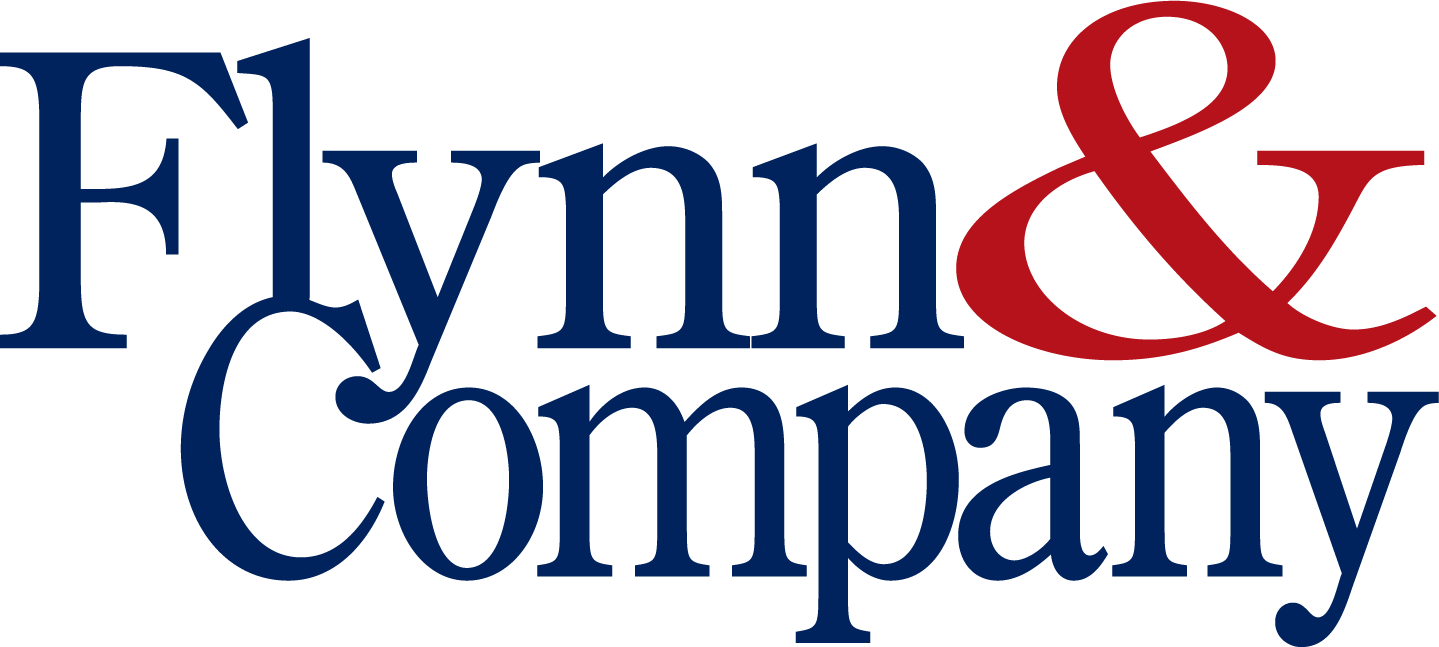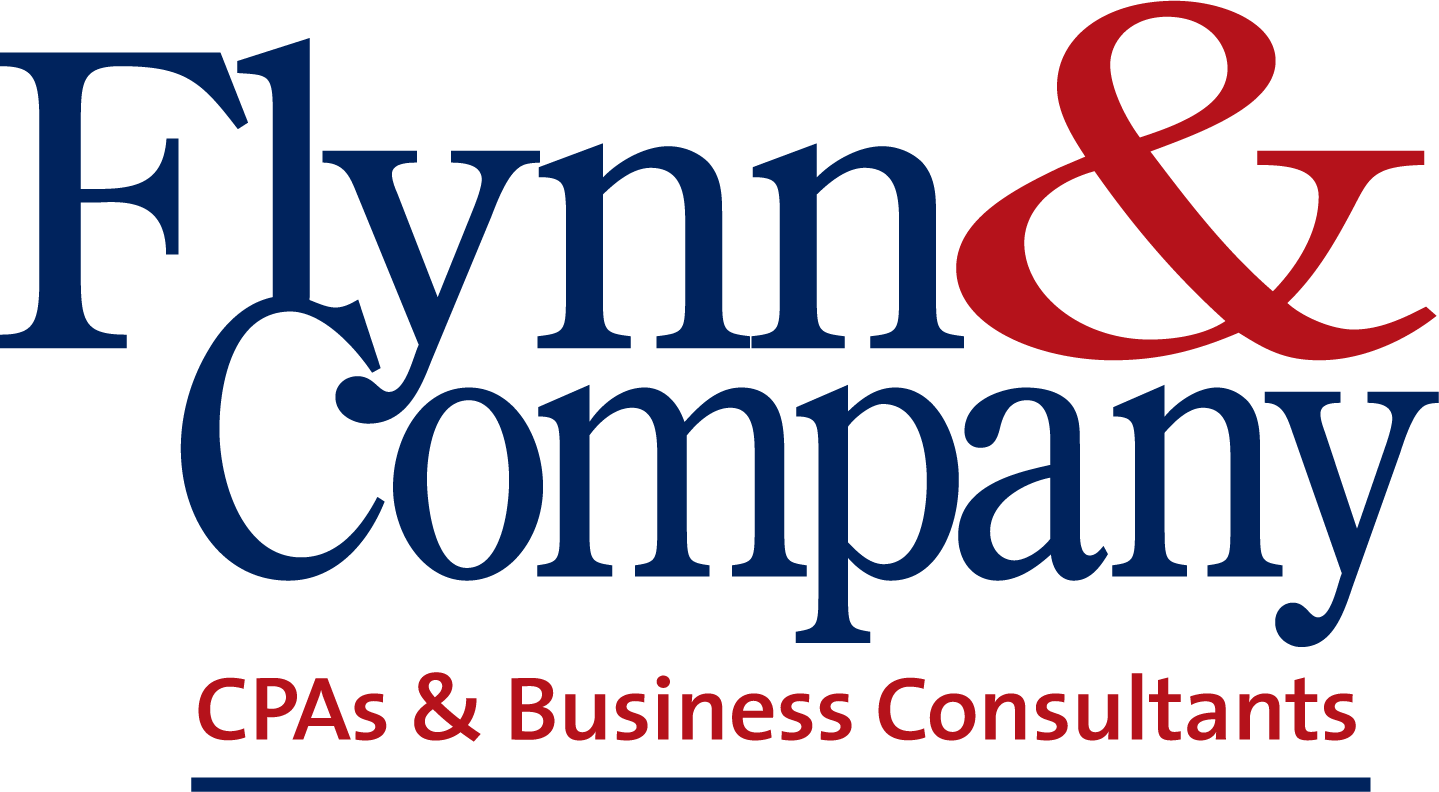LLC vs. Sole Proprietorship
Written by: Flynn & Company
Choosing the right business structure is crucial whether you're a new entrepreneur or a seasoned business owner. It can significantly impact your liabilities, taxes, and overall business operations. Two commonly chosen structures are the Sole Proprietorship and the Limited Liability Company (LLC). Understanding their ins and outs, as well as pros and cons, is essential before deciding which one aligns best with your company's goals.

Key Takeaways
- Selecting the right business structure is a critical decision that covers many aspects of your business as well as personal assets.
- A sole proprietorship is easy to establish and manage but provides no separation between owner and business.
- An LLC provides limited liability, tax flexibility, and a more formal business structure but does require additional setup and upkeep.
What is a Sole Proprietorship?
As a sole proprietorship, you have complete control over your business, its profits, and decision-making. This business model is the most straightforward and common form of business ownership.
If you start a business venture independently, even without any formal business structure, your business automatically becomes a "sole proprietorship".
What Is an LLC?
A Limited Liability Company (LLC) is a hybrid business structure created under state law. It combines the flexibility of a sole proprietorship with the limited liability features of a corporation. Business owners may choose to set up an LLC because it offers you limited liability protection and flexibility in taxation that can save you money.
LLC vs. Sole Proprietorship
The primary distinction between an LLC and a sole proprietorship lies in how you manage liabilities and taxation. In a sole proprietorship, as the business owner, you bear personal responsibility for all debts and legal obligations. This means that your personal assets, such as your house or savings, could be at risk if your business faces a lawsuit, and the judgment exceeds the company's total value. This risk exists even if you keep personal and business finances separate.
Conversely, in an LLC, there is limited liability protection. This shields personal assets in most situations related to the business. It's crucial to note that for federal tax purposes, Single Member LLCs are considered disregarded entities. This means that the income and expenses of the LLC are reported on the owner's individual tax return, emphasizing the flow-through nature of taxation for single-member LLCs. Understanding these distinctions is vital when considering the level of protection and taxation that best suits your business needs.
What Is the Difference Between Sole Proprietorship and LLC?
The key difference lies in some key areas:
- Setup
- Management
- Legal Protection
- Taxation
- Ongoing filings and paperwork
Setup of an LLC vs. Sole Proprietorship

A sole proprietorship offers simplicity and ease of formation. Depending on the type of business and state, you may need a business license, certain certifications, business bank accounts, and a physical location. Alternatively, an LLC is a separate legal entity. You must complete the steps to form an LLC {below} and start treating the LLC as a separate entity.
Management in an LLC vs. Sole Proprietorship
In a sole proprietorship, you're the top decision-maker even if you hire others to manage operations, finances, etc. In an LLC, your management structure may require additional complexities if you have multiple members. You must make decisions together and determine ownership percentages.
Legal Protections in an LLC vs. Sole Proprietorship
Everything related to the LLC must be accounted for within the LLC, separate from yourself. Generally speaking, liability stops with the assets held within the LLC. But there are some exceptions, including:
- Personal negligence
- Fraud
- Choosing to secure loans for the company personally
The owner and company are considered one under the law in a sole proprietorship. You can be personally liable for any debts and judgments. If your company goes bankrupt, so do you.
Taxation as an LLC vs. Sole Proprietorship
Sole proprietors report business income and losses on their personal tax returns, while LLCs have the option to be taxed as a corporation or a pass-through entity, like a partnership or sole proprietorship.
Pass-through taxation has some pros and cons including:

Pros
- Pass-through entities, like LLCs, prevent double taxation since they can take tax-free distributions up to their basis.
- In contrast, dividends from a corporation incur double taxation—initially at the corporate level and then again at the individual level.
- It makes tax filing easier, reducing your small business year-end tax prep to-do list.
- Both pass-through entities and sole proprietors have a 20% pass-through tax deduction. It’s important to note, however, that this is set to expire after 2025 unless the U.S. Congress votes to extend it.
Cons
- Requires taxation on the LLC's profits rather than just on the portion passed to you as dividends.
- Harder to deduct charitable contributions.
- May exceed limits for some tax credits.
Corporate taxes also have some pros and cons to consider.
Pros
- You have a lower overall tax burden because you can deduct some benefits
- While the corporation pays the tax bill, as opposed to the individual, Corporate tax rates are lower than personal ones, with a flat 21% for C Corporation Taxes, compared to individual tax rates ranging from 10% to 37%.
Cons
- There is the potential for getting taxed twice on the same income, if the business is established as a C Corp, which can be mitigated with proper tax planning.
- An LLC that sources income from more than one state may experience multi-state taxation, as with sole proprietors, which can amount to double taxation on some of the income.
- Keep in mind the importance of good record-keeping for tracking sales and determining nexus.
Ongoing Compliance and Paperwork for LLCs
LLCs must file an annual report depending on the state of incorporation. You must additionally document and potentially file membership meeting records, changes in ownership, operations agreement changes, and dissolution paperwork.
How to Form an LLC
Forming an LLC involves several steps.
- Choose a unique name for your business that complies with state regulations.
- Establish a registered agent (a human who receives official and legal documents).
- Acquire an Articles of Organization form from your state.
- File the Articles of Organization with the appropriate state agency and draft an Operating Agreement outlining ownership percentages and operational details.
- Develop an Operating Agreement. If you have multiple members, you'll need to determine the total business valuation so that you can divide up percentages among members.
- Obtain necessary licenses and permits and acquire an Employer Identification Number (EIN) from the IRS.
- Complete ongoing paperwork requirements.
- Keep business and personal assets separate to maintain personal liability protection.
Bottom Line
Selecting the right business structure is a critical decision that impacts various aspects of your enterprise. While a sole proprietorship is simple and easy to establish, it lacks the liability protection offered by an LLC. On the other hand, an LLC provides limited liability, tax flexibility, and a more formal business structure, albeit with additional administrative requirements.
If you want to maximize the benefits of an existing LLC, Flynn & Company delivers outsourced accounting and financial advisory services. We encourage you to reach out to learn more about our full accounting services or select services.

Headquarters
7800 E Kemper Rd #150
Cincinnati, OH 45249
P: (513) 530-9200
F: (513) 530-0555
Quick Links
Website & Accountant SEO by: RivalMind





